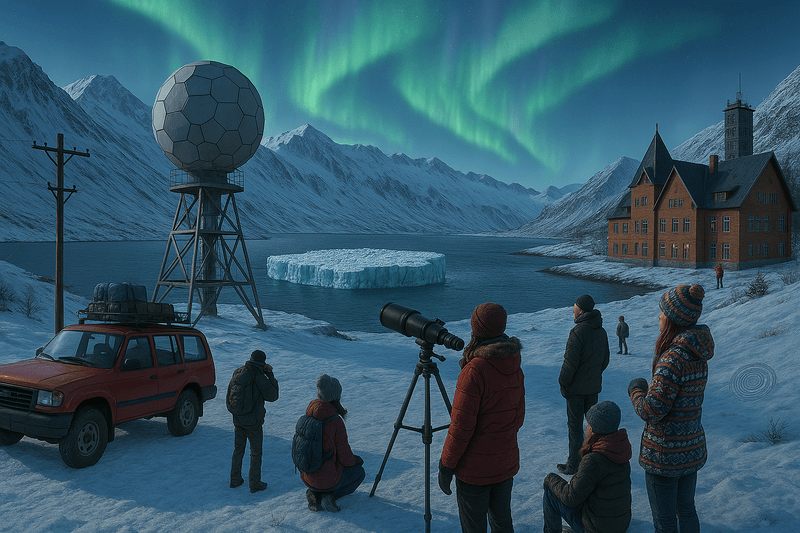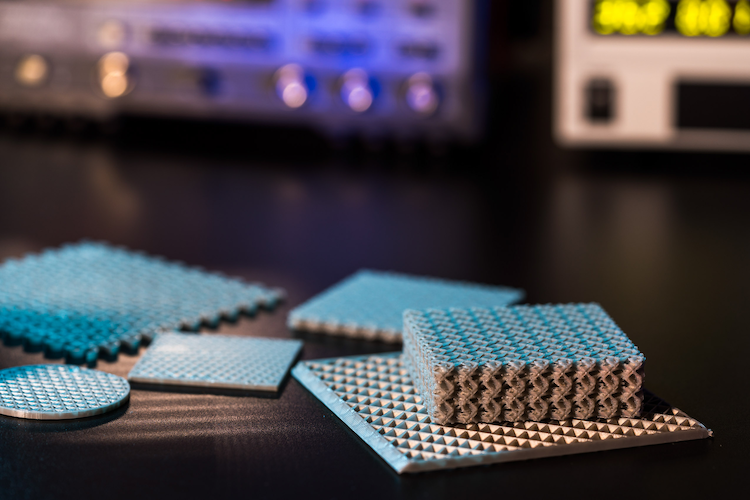Mechatronic space structures require particular solutions in terms of their efficiency, robustness and precision for equipment which is required to operate for several decades without maintenance. In this context the piezoelectric technology associated with particular material properties can bring multidomain solutions for actuation, mechanical insulation, or energy harvesting. New opportunities in terms of dynamical mechanical response are brought by elastic metamaterials.
Metamaterials are a new class of materials that exhibit extraordinary properties. In the context of dynamics, they can display negative effective mass and/or stiffness, extending the classical design space of engineering materials. Therefore, they can be very attractive for designing high-performance multipurpose devices.
In this course students will learn about applications of elastic metamaterials for various mechatronic space devices, in particular energy harvesters, actuators, sensors and electro-mechanical transformers; and how metamaterials can be designed and used for substantially improving dynamic properties of these systems. students will have an opportunity to design a device - from theoretical principles to simulations - prototyping it and performing its physical electro-mechanical testing.
The course is composed of 8 classes in which we present the necessary theoretical and practical background, followed by a 4-class students’ project oriented on designing, assembling and testing a prototypical device. Finally, students are involved in an industry-level project supported and supervised by top-class experts from the space sector.
